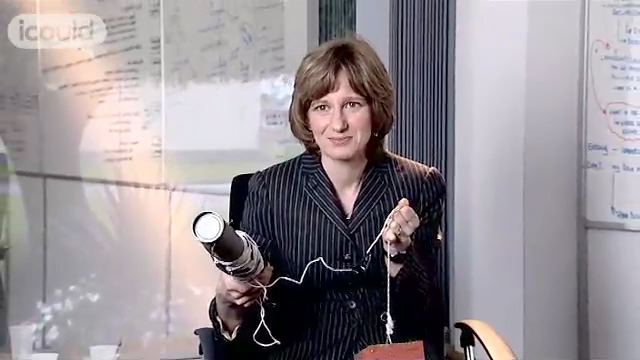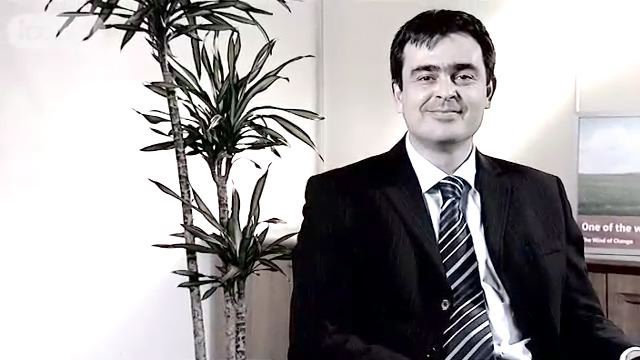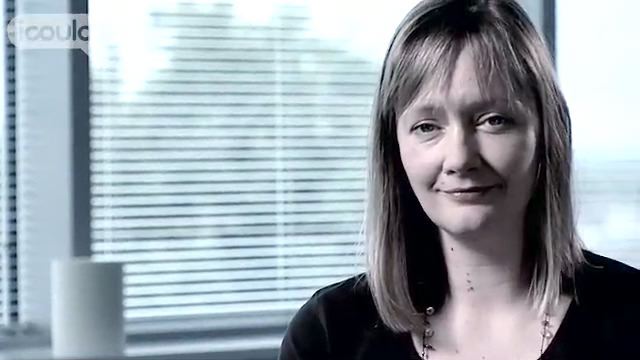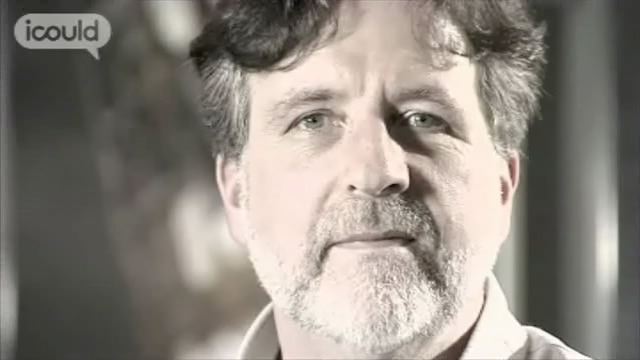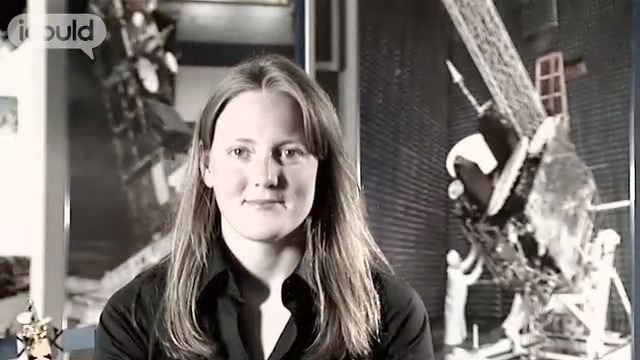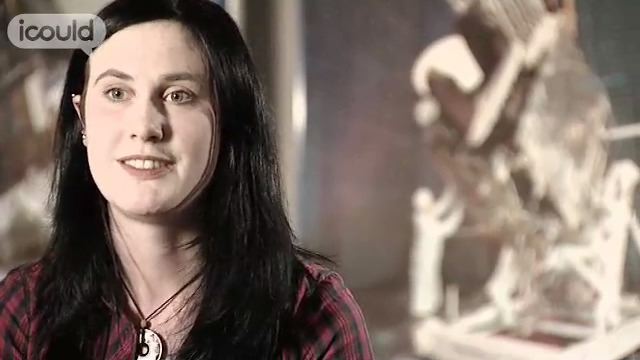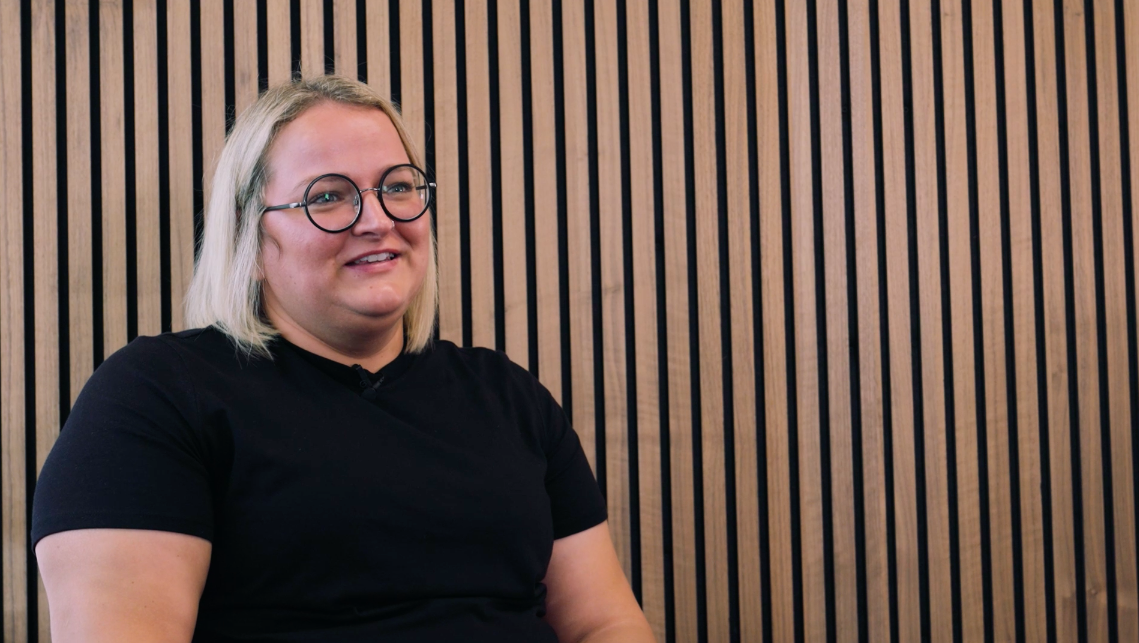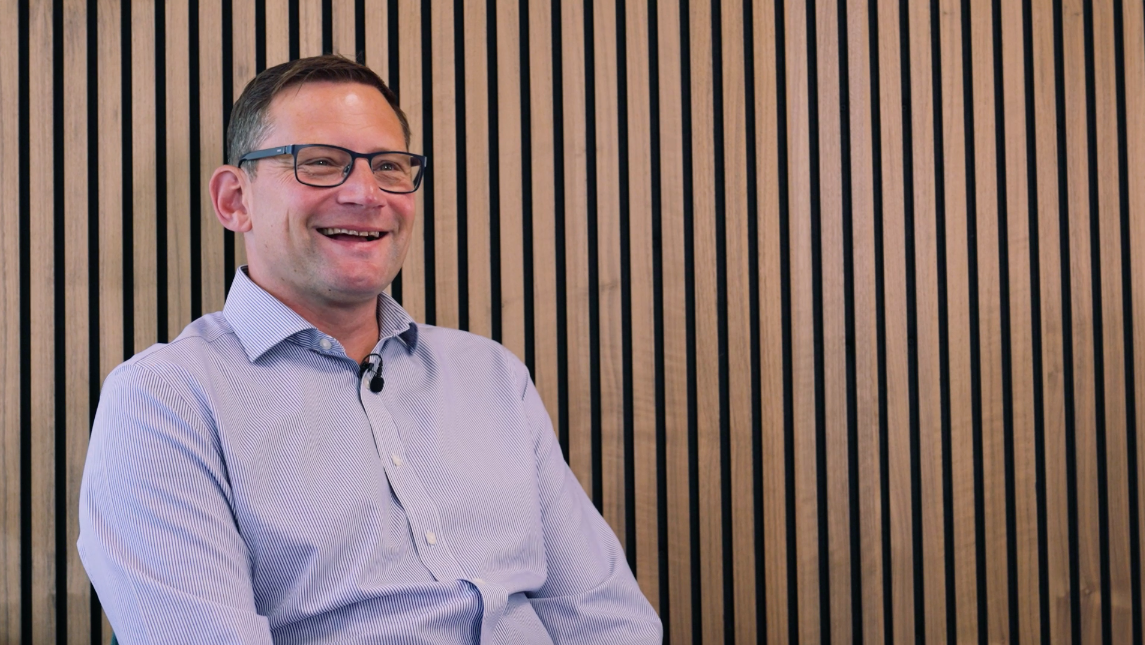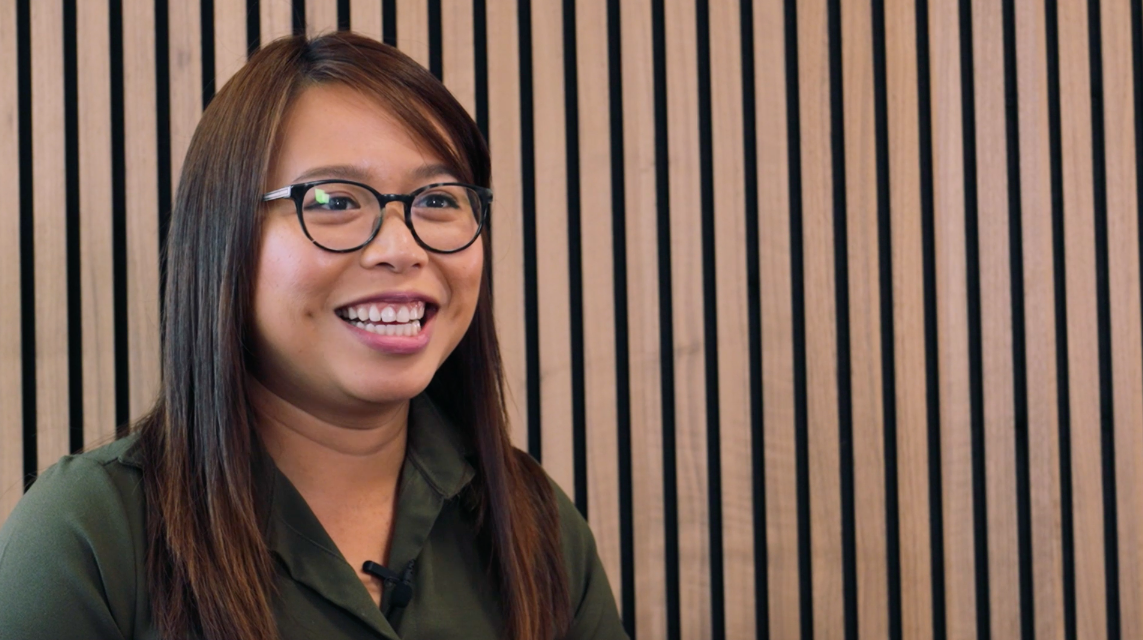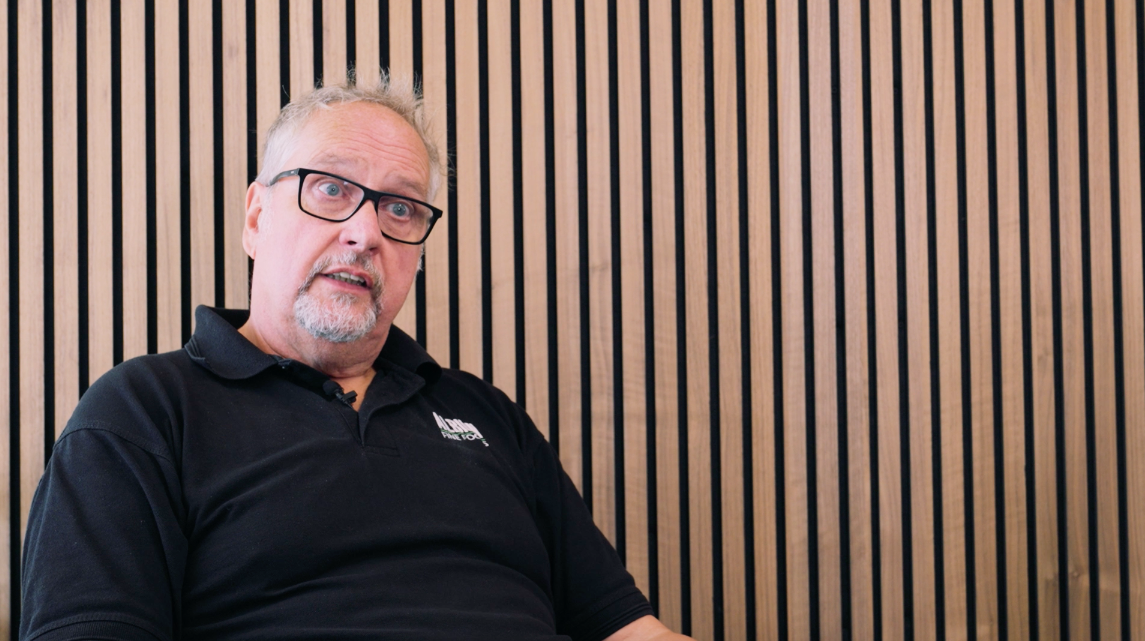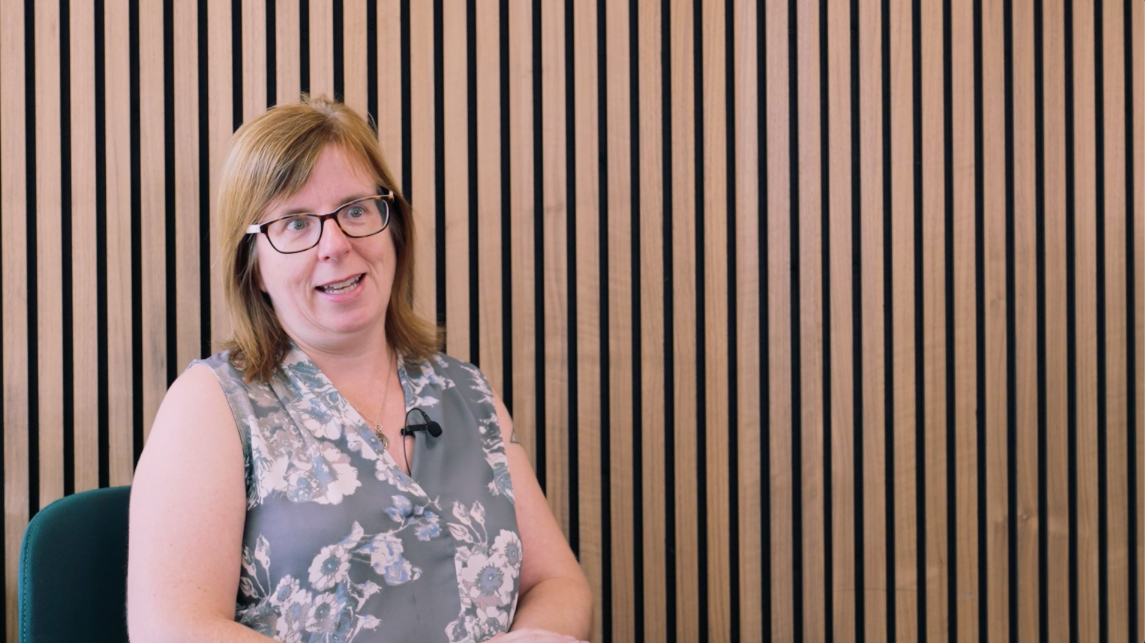Senior Specialist in the Antenna Group
EADS Astrium
Tim W
0.00.00 My name’s Tim W. I work at Astrium in Stevenage which is part of a large European company and we build spacecraft, satellites and I, specifically I work as a Senior Specialist in the antenna group designing antennas for communication satellites. That’s my sort of official job title but to, according to my marriage certificate and my wife and a lot of friends, I’m a rocket scientist.
0.00.30 I didn’t know what I wanted to do when I was at school particularly. I mean I did sciences. I come from a science background really. My father was an engineer, my mother was a mathematician and it seemed only natural to do sciences and I, I guess I had an aptitude for numbers and things like that. So I ended up studying biology and physics and chemistry at school.
0.01.00 In fact when I left school I started doing an accountancy course and it was only when I was in the first year of that course that I realised that accountancy wasn’t for me, it was, it was too dry for me. So I, I dropped out of that course and I went back to the subjects that I’d studied at school and I started a degree course in a mixture of biology and physics and ended up majoring in physics. And in fact went from there to doing a PhD which was a multidisciplinary PhD course.
0.01.30 But after about a year and a half / two years of that, having been a student for six years at this stage I was heavily in debt, so I needed to get a job and I, I wanted a job in communications in some respect and there just happened to be a job going at Marconi in Portsmouth on the south coast, in the satellite antenna group. And I’ve been working in satellite antennas for 27 years since then.
0.02.00 The single event that’s had the biggest impact on my working life was the point at which I realised that when I was doing the accountancy course, when I was 19 and realising that I hated it and that I had a choice and that in fact I didn’t have to do what was expected of me or, you know, what my parents were pushing me towards. And that it was up to me and I was an adult now and that nobody else was going to make these choices for me, that I needed to make them.
0.02.30 So that was, that was a huge turning point. I have now established a good work / life balance. I think in my 30’s I was struggling. I was, you know, becoming more experienced at work, taking on more responsibility which inevitably meant more work and at the same time I had a young family to support. And I was trying to accomplish everything that everyone was asking me to do, until it finally got to the point when I suddenly realised I can’t do that.
0.03.00 Since then I’ve established what for me is a really workable home life balance, you know, when I’m at work, I’m at work, but when I’m at home work is something for tomorrow, it’s not something that occupies me now. So yeah, I think I’ve got a good balance. Where I see myself in the near future, I will still be doing this job as a satellite antenna engineer.
0.03.30 I have a yearning to be a travel photographer as well. So I see myself travelling the world, taking fascinating photographs of people and places and holding exhibitions. So yeah, I see myself establishing that, you know, going in that direction. I’m always looking for new things to be trying out.
0.04.02
Tim’s official job role may be Senior Specialist in the Antenna Group but he freely admits he is really a rocket scientist. He almost ended up as an accountant.
More information about Physical scientists
The UK average salary is £29,813
There are 37.5 hours in the average working week
The UK workforce is 47% female and 53% male
Future employment
- Conducts experiments and tests and uses mathematical models and theories to investigate the structure and properties of matter, transformations and propagations of energy, the behaviour of particles and their interaction with various forms of energy;
- Uses surveys, seismology and other methods to determine the earth’s mantle, crust, rock structure and type, and to analyse and predict the occurrence of seismological activity;
- Observes, records and collates data on atmospheric conditions from weather stations, satellites, and observation vessels to plot and forecast weather conditions;
- Applies mathematical models and techniques to assist in the solution of scientific problems in industry and commerce and seeks out new applications of mathematical analysis.
